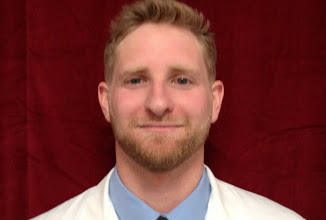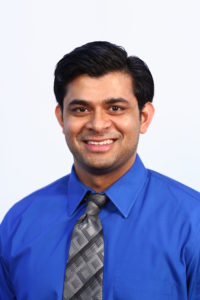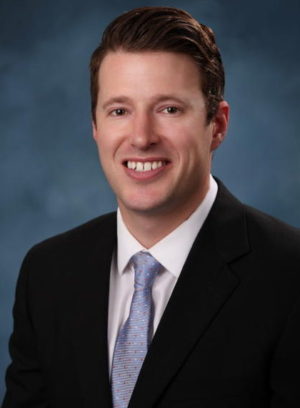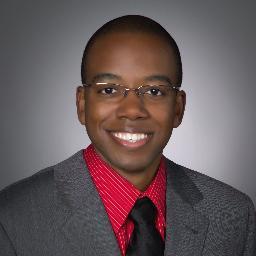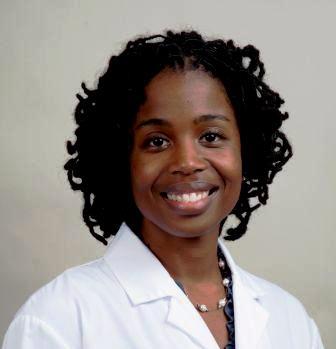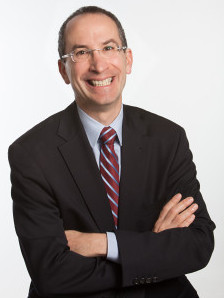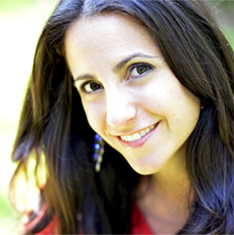Can Doctors Be the Next Big Startup? by Matthew Bloom, DO
Everyone has heard of startups. For many of us, the term “startup” is a reference to technology companies in Silicon Valley. Companies like Google and Apple for example. These companies are so well-known to us because their products and services have and continue to significantly shape and define the world we live in today, from how we purchase almost everything we buy to how we communicate with almost everyone we know. But startups seem to have become more than just providers of goods and services — they’ve become lore of our capitalistic society: a standard for what it means to be truly successful.


